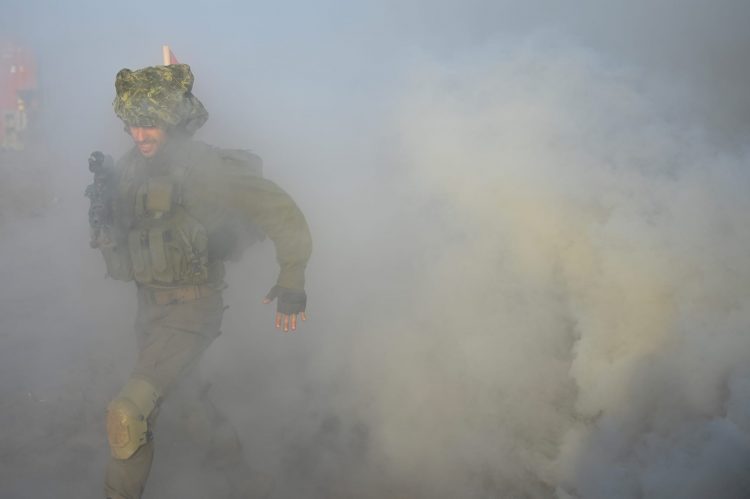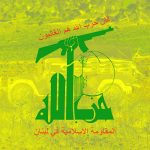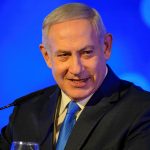Israel and Hezbollah on Collision Course for a War Neither Wants
Jerusalem, 8 January, 2024 (TPS) -- Neither Israel nor Hezbollah want war with each other, but the two are on a collision course underscored by the asssassination of a senior Hezbollah commander ahead of a visit by US Secretary of State Antony Blinken.
According to Lebanese reports, a senior commander of Hezbollah’s elite Radwan Unit, Wissam Tawil, was killed in an air strike near the village of Majda Selm.
In recent days, the Lebanese daily Al Akhbar, a Hezbollah mouthpiece, has been reporting that US envoy Amos Hochstein is formulating a package of agreements which would guarantee Hezbollah quiet and allow Israeli evacuees from northern communities to return to their homes.
But according to Al Akhbar‘s reporting, the Americans understand that Israel has to pay a price for that quiet. Hezbollah wants Israeli concessions on 17 different areas of the Israel-Lebanon border that Hezbollah disputes, a face-saving victory that Nasrallah can claim. Hochstein is preparing to present proposals to Israel regarding the border.
Hochstein visited Israel during the weekend, and US Secretary of State Antony Blinken is due to arrive in Israel on Monday.
Israeli sources told the Tazpit Press Service that Jerusalem won’t make any concessions and will continue pushing to have Hezbollah removed from Southern Lebanon.
“We will remove Hezbollah’s Radwan Forces from the border to the north, either by Amos Hochstein’s diplomacy, or by war,” a senior Israeli official told TPS.
The presence of armed Hezbollah forces in Southern Lebanon violates UN Security Council Resolution 1701, which ended the Second War in Lebanon in 2006. Under that agreement, the Lebanese Armed Forces are supposed to be the only armed group south of the Litani River.
Around 250,000 Israelis have been evacuated from their homes near the Gaza and Lebanese borders.
Israel does not want to fight a war with Hezbollah while it dismantles Hamas and tries to bring home its hostages. And in Lebanon, mired in poverty and political paralysis, public opinion is deeply against the Iran-backed Hezbollah dragging the country into a destructive conflict.
The Israel-Lebanon Border
The Blue Line demarcating the 120 km-long border was created in 2000 by UN cartographers to verify Israel’s withdrawal from Lebanon, which the UN Security Council later certified as complete. The border runs from Rosh HaNikra on the Mediterranean coast to Mount Dov, where the Israeli-Lebanese border converges with Syria.
Hezbollah never recognized the Blue Line and disputes numerous points along the border.
Among those points is a strip of land on Mout Dov itself, which Israel captured from Syria. Hezbollah claims the area called Shebaa Farms belongs to Lebanon. Syria has not commented on the matter.
International peacekeepers from the UN Interim Force in Lebanon (UNIFIL) have been deployed in southern Lebanon to monitor the border since 1978.
However, Israel and Lebanon reached a US-brokered agreement delineating their maritime borders in October 2022. The agreement allows Lebanon to begin exploiting natural gas in its territorial waters. Under the terms of the agreement, the Karish gas field will remain under Israeli sovereignty while a French company exploring the Qana gas field for Lebanon will pay some royalties to Israel.







